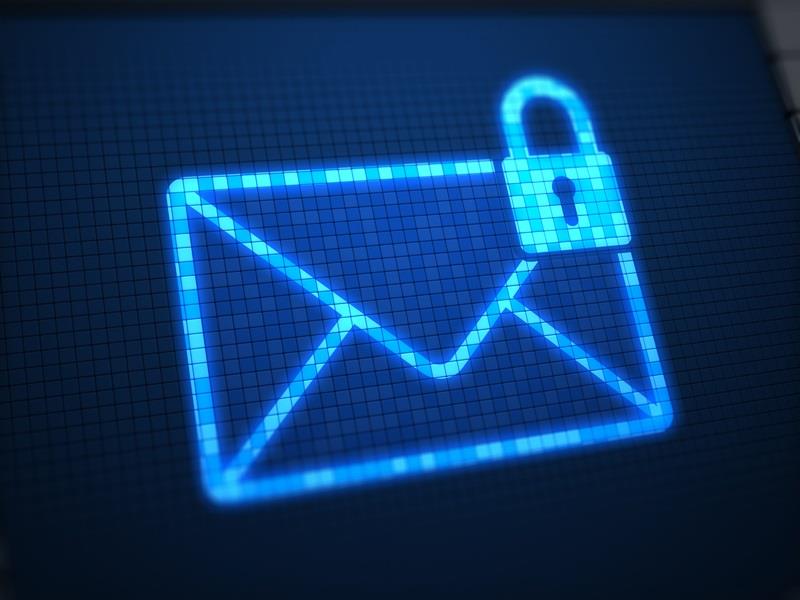
Statistics show that nearly half of adult Americans were the victims of hackers within the last year. If you have never had a password hacked, it may be hard to imagine the uphill battle involved in restoring your accounts. Victims recount tales of thieves accessing all their personal information, sifting through emails about credit card information, accounts, orders, upcoming trips and much more. Avoid hackers to avoid becoming a victim of identify theft!
Never Use Duplicate Passwords
Surveys show that nearly three out of four people online use duplicate passwords, with many of them not changing their passwords for more than five years. In fact, 20% of people are using passwords that are more than 10 years old! This leaves them extremely vulnerable to security issues.
Avoid Hackers, But How Do Hackers Get Passwords?
Many people assume that since they are not celebrities or politicians, no one would want to hack their email accounts. However, many situations can lead to compromised passwords.
- Brute Force – Some people are the victims of brute-force cyber attacks. This can involve accessing a large group of user accounts or an individual account. These attacks involve checking all passphrases, which ultimately cracks passwords. Once hackers have an idea of the types of passwords you use, this process becomes easy.
- Prying Eyes – Disgruntled or upset people may want to peek into the personal details of your life. If people know you well, it may be easy to guess passwords or use password recovery options, which may allow access to other accounts if you use the same credentials across multiple accounts.
- Data Breach – Data breaches occur every several months and are often in the news. Large companies are hacked, which results in millions of people’s account information falling into the hands of hackers.
How to Prevent and Avoid Hackers
The best way to prevent hacking is to add several different layers of online internet security. Layered security works together and helps block hacker’s attack chains.
It is not as simple as one catchall solution. It is important to have web security, as this helps prevent and block attacks that can access passwords. Email security is also vital, as this helps eliminate or flag incoming messages that may be phishing for information. Evasive malware can wreak havoc on your system, saving and sending everything you type to offsite hackers who are just waiting to get a hold of personal information and passwords.
Hackers are always developing new viruses and codes, striking when systems are at their weakest. Luckily, Home Telecom offers free Trend Micro Security with our internet service. (Check it out here.)
With email and internet security in the news, nearly eight in 10 people worry about online security. Despite these concerns, the biggest threat is that many people continue using weak, repeated or old passwords. These types of passwords are easy to hack.
In fact, the most common passwords include birthdays, the word “password” or numerical patterns, such as “12345.”
The problem with using the same password across multiple accounts is that it can create a domino effect. If hackers get an email password, they can easily start shopping other accounts that have the same password. It is critical that when you hear of a data breach you not only update your password with the company that had the breach, but also update your password on any other account that used the same password to a unique password for each account.
Causing even more problems, approximately 50% of people use fewer than five passwords. This makes it easy for hackers to strike.
Selecting a Good Password
Some things are out of your control, such as data breaches. However, it is vital that passwords be strong and unique, as this can help eliminate attacks that involve brute force or prying eyes and can reduce the impact of a data breach.
Ideally, passwords should be at least 16 characters, containing a combination of symbols, numbers, spaces, uppercase letters and lowercase letters. It is also advised to not place all your numbers and symbols at the beginning or the end of your password. Avoid using repetition, pronouns, dictionary words, IDs or usernames.
Password strength is valued in terms of bits and the higher bit rating, the harder it is to hack.
There are several password generator programs available online. Some of these programs also act as managers, helping you remember and keep track of all your passwords in one secure location.
Enabling two-step verification is also an excellent way to prevent hackers from obtaining passwords. This type of verification sends a text to your phone, which requires a code to be entered every time you sign in.
To learn more tips on how to create a good password, read this article.
